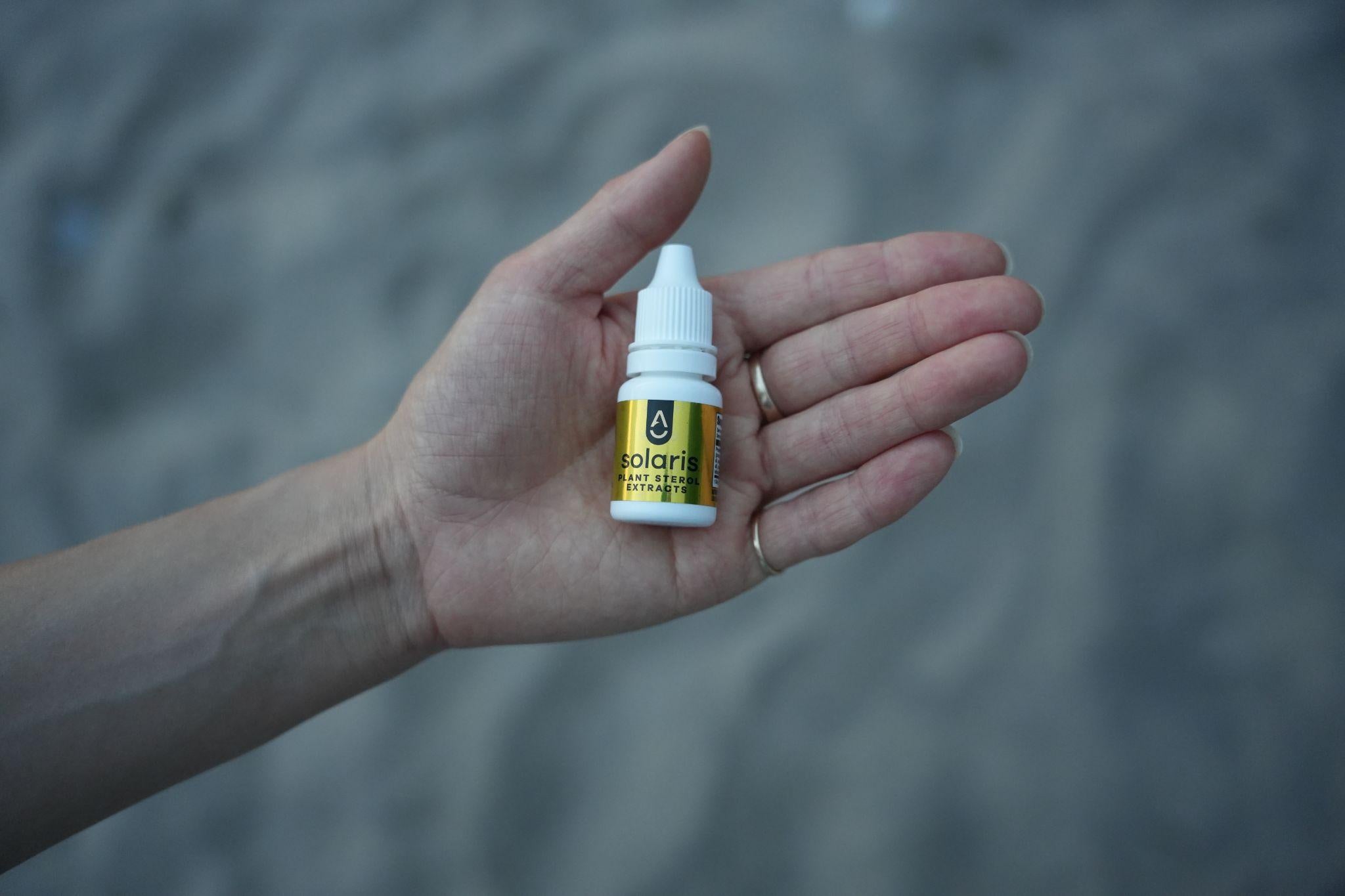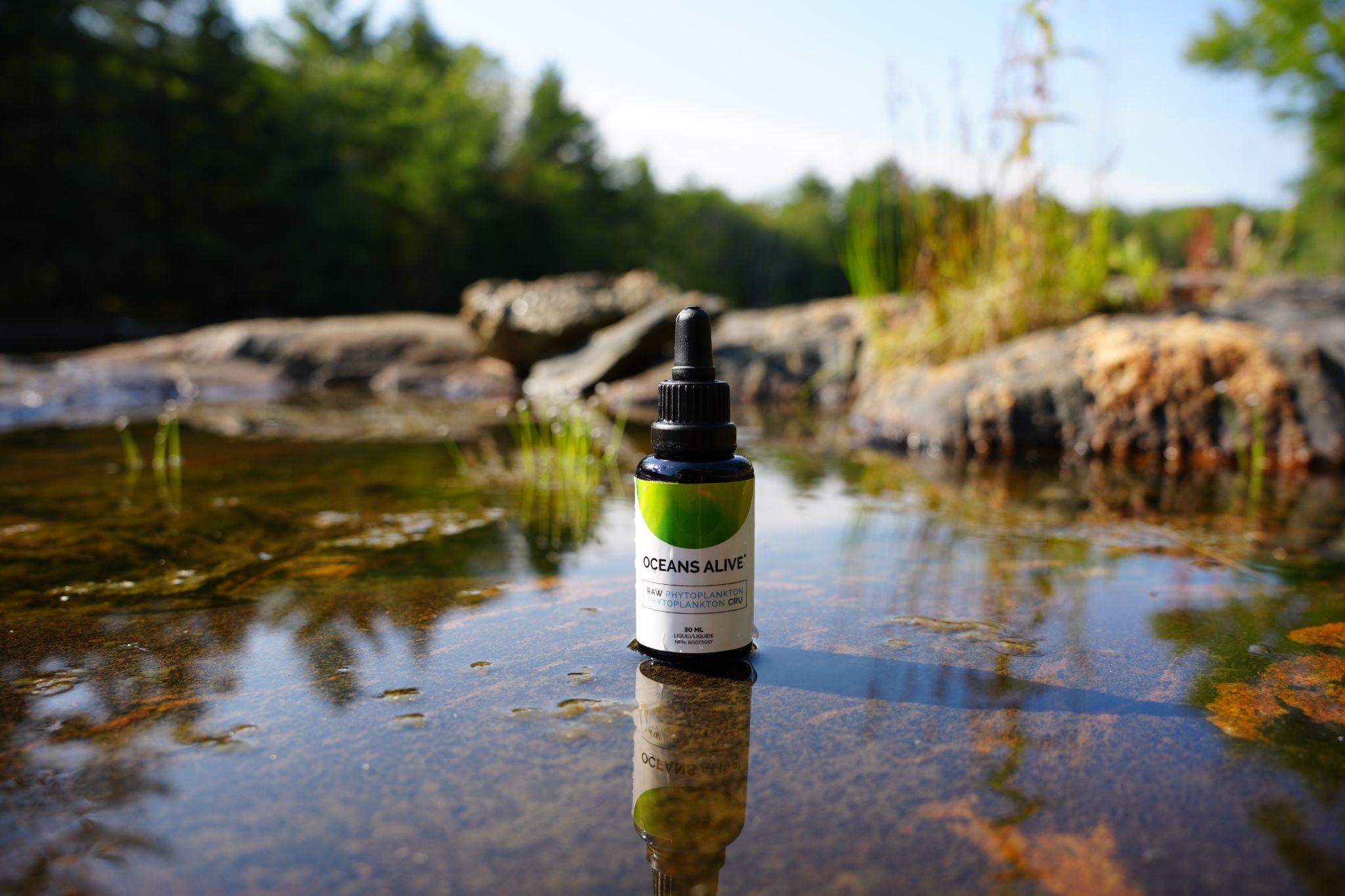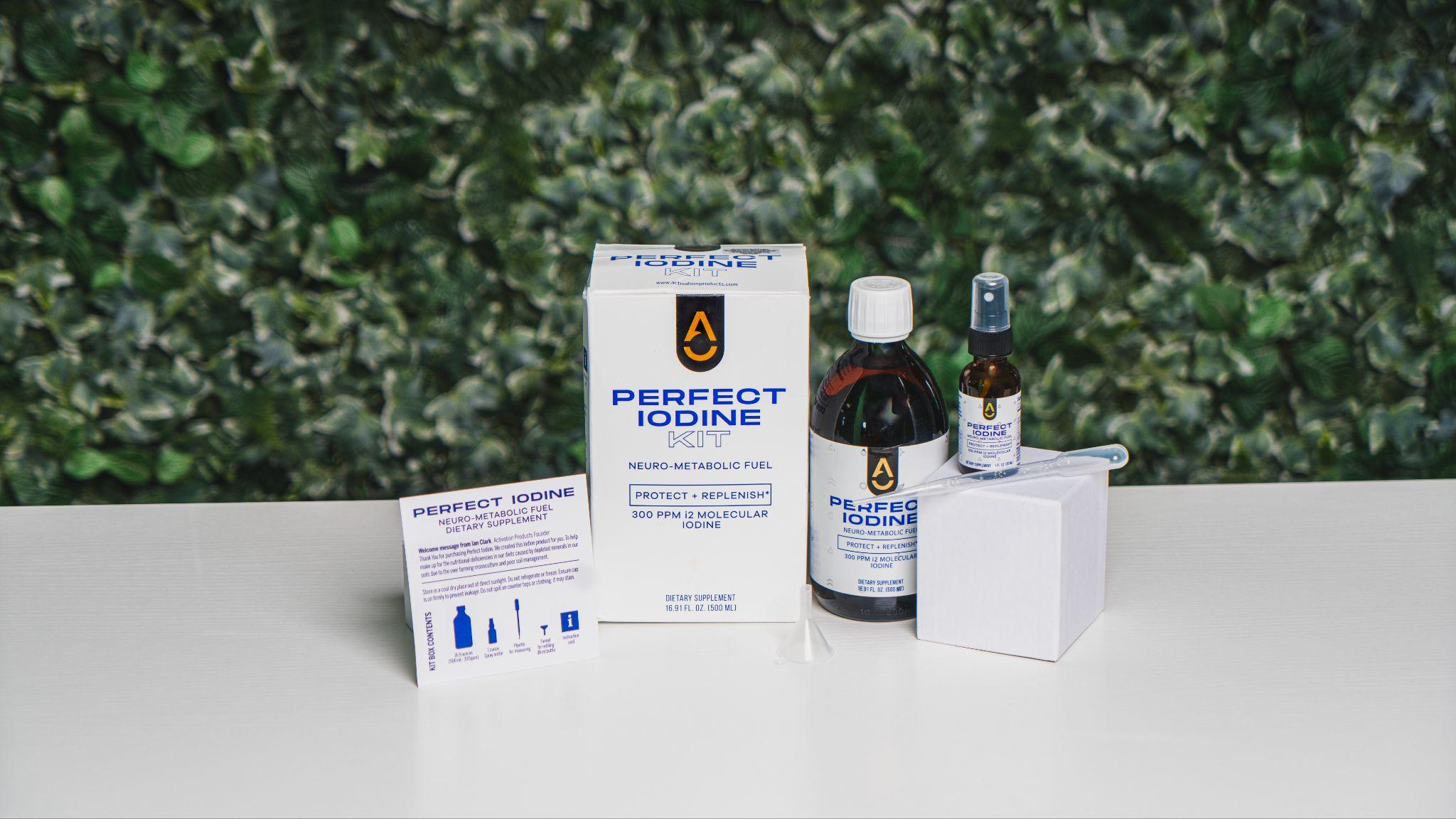If you’ve ever experienced sore muscles after an intense workout, you’re not alone! The old saying goes “No pain, no gain,” but does that really have to be the case? Sore muscles after working out can make it harder to recover and are a big disincentive for working out in the first place. So what can we do about them?
In this article, we’re going to look at using magnesium for sore muscles. Magnesium, an essential mineral that plays a crucial role in muscle function and relaxation, has gained attention for its potential benefits in alleviating muscle soreness and promoting faster recovery after workouts.
Let’s explore the science behind magnesium for muscle soreness, how to use it for fast relief from sore muscles after workouts, and what type of magnesium is best for sore muscles.
Is Magnesium Good for Sore Muscles?
So, is magnesium good for sore muscles? Many people have started using magnesium for sore muscles after workouts, but does it actually help? Let’s dive into the science behind magnesium for sore muscles.
The Link Between Magnesium and Muscle Function
During exercise, muscles undergo stress and strain, resulting in microscopic damage and inflammation, which can lead to muscle soreness. So, is magnesium good for sore muscles? Magnesium helps to relax muscles by blocking calcium from entering muscle cells and supporting the production of ATP (adenosine triphosphate), which is responsible for energy production in muscles.
Magnesium also helps to reduce the production of lactic acid, a byproduct of exercise that can contribute to muscle soreness and fatigue. It also has anti-inflammatory properties that help to reduce inflammation and promote muscle recovery after workouts. Finally, magnesium also acts as a natural muscle relaxant by helping to regulate muscle contractions and reducing muscle spasms. Magnesium helps to both repair and relax muscles, making magnesium for muscle soreness one of the most effective natural remedies to soothe aching muscles.
What the Research Says About Magnesium Deficiency/Supplementation for Muscle Soreness
When it comes to magnesium for sore muscles after workouts, the research is very promising. In one study, participants taking magnesium supplements reported significantly less muscle soreness after exercise than a placebo group who received no magnesium. Another study found that one week of magnesium supplementation reduced muscle soreness and inflammatory molecules in downhill runners.
This research strongly suggests that magnesium supplementation, even in healthy adults and athletes, can help reduce muscle soreness after exercise. While further studies are still in progress, the signs are promising for using magnesium for muscle soreness.
What Type of Magnesium is Best for Sore Muscles?
Unfortunately, not all magnesium products on the market will help sore muscles. Many commercially available magnesium products are made using magnesium chloride. The problem is, magnesium chloride is absorbed slowly and inefficiently by the body, and a lot of it is wasted. Products containing magnesium chloride often take hours to start to work, or don’t work well at all.
So, what are the alternatives to magnesium chloride? If you want to use magnesium for muscle soreness, the best magnesium spray supplement is magnesium chloride hexahydrate. It’s used in topical magnesium treatments that can be applied directly to the skin. Magnesium chloride hexahydrate is absorbed more efficiently by the body and works more effectively than regular magnesium chloride.
The differences between magnesium chloride hexahydrate vs magnesium chloride don’t stop there, as there are many major magnesium chloride hexahydrate benefits that clearly make it the best choice of magnesium for muscle soreness.
With magnesium chloride hexahydrate, you are absorbing magnesium through the skin which occurs rapidly and starts working to relieve muscle soreness within minutes. Magnesium applied to the skin (topical magnesium) is generally a much better approach than oral magnesium supplements, especially for muscle soreness.
Oral magnesium has poor bioavailability, meaning that even though you might be taking 200mg of oral magnesium, your body is absorbing and using much less than that. It’s basically like throwing away money!
Oral magnesium is also difficult for your body to digest and can result in digestive issues and even kidney and liver problems if used long-term. Another big benefit of topical magnesium, especially for muscle soreness, is that you can apply it directly to the sore muscle.
This makes it a much more effective treatment than if the magnesium is taken orally and has to find its way through your bloodstream to the affected area. With topical magnesium, you just need to give a couple of simple sprays onto your sore muscles and let the magnesium chloride hexahydrate do the rest.
How to Use Magnesium Spray for Sore Muscles: Tips for Speeding Up Your Recovery
So, now that we know what type of magnesium is best for sore muscles, how exactly do you use it? Let’s take a look at how to use magnesium for sore muscles.
Get Ease at Activation Products
The first step is to get your hands on a high-quality topical magnesium supplement that you can apply directly to your skin. At Activation Products, Ease is our magnesium spray for pain. It’s made from pure, pharmaceutical-grade magnesium chloride hexahydrate that’s sourced right from the Dead Sea. So you don’t need to worry about what you’re putting on your skin or into your body.
Unlike other topical magnesium sprays, Ease has zero negative side effects. You won’t experience any kind of skin irritation or itchiness, and it won’t leave a filmy residue on your skin which you might have seen if you’ve tried other magnesium products.
Ease also offers the best value for money, because it’s made using the most bioavailable formulation of magnesium chloride hexahydrate in the world. This means that each time you spray Ease, your body is getting a high dose of magnesium that it can actually use.
Ease can be sprayed onto any aching muscles and starts working within a couple of minutes. Not only does it offer fast relief from muscle soreness, but there are many other uses for magnesium spray including treating anxiety, improving sleep, and boosting energy levels. You can even use magnesium spray for headaches. The benefits of topical magnesium spray are almost endless!
How Much Magnesium Should I Take for Sore Muscles?
The best way to take magnesium supplements is to spray Ease whenever your muscles are sore after a workout. Each spray of Ease delivers around 22mg of magnesium chloride hexahydrate, which immediately gets to work relieving your muscle soreness.
You can use Ease as often as you like, and whenever you experience sore muscles. Typically, it’s recommended to use 30-40 sprays of Ease each day, depending on your symptoms and the initial levels of magnesium in your bloodstream.
Does it Matter When You Take Magnesium Spray for Sore Muscles?
When it comes to using magnesium spray for sore muscles, you can use it at any time. Because Ease starts acting immediately, you can wait until you start feeling some soreness before reaching for your Ease. Or, you can stay a step ahead of your muscles and preemptively spray Ease on target muscle groups after a workout to prevent soreness.
Other Tips for Using Ease to Overcome Muscle Soreness
If you’re using magnesium spray for sore muscles for the first time, start by spraying a small amount of Ease onto one specific area of skin. This way, you can make sure your skin tolerates the spray well before moving on to other areas.
Because Ease is made using pharmaceutical-grade, pure magnesium, it won’t leave a residue on your skin or cause burning, stinging, or itching. Find more tips on how to use magnesium spray in our guide.
Additional Advice on Managing Muscle Soreness Beyond Magnesium
Not only is magnesium good for sore muscles, but it’s even more effective when used in combination with other treatments. Some of the other ways you can treat sore muscles include stretching before and after a workout, and leaving your body time to recover in between your workouts. Massages and hot/cold therapy are also great ways to treat sore muscles.
Many athletes also put a lot of effort into preventing muscle soreness in the first place. Warming up thoroughly and stretching properly before you work out are both great ways to help prevent muscle soreness. It’s also important to know your limits and not exercise too hard if you’re not used to it - you could end up in a world of pain in the days to follow!
Final Thoughts on Using Magnesium for Muscle Soreness
In this article, we’ve discussed using magnesium for sore muscles after workouts. Using a magnesium spray for sore muscles that contains magnesium chloride hexahydrate is one of the most effective ways to relieve sore muscles after exercising.
In terms of what type of magnesium is best for sore muscles, Ease is a topical magnesium spray made from the purest magnesium chloride hexahydrate. Ease starts working within minutes and is a great way to relieve sore muscles after a workout.
Next time you work out, don’t put up with sore muscles! Find relief with Ease.






Does Magnesium Help With Pain? Joint, Back, Stomach, Nerves, and More
Boost Glutathione with Milk Thistle